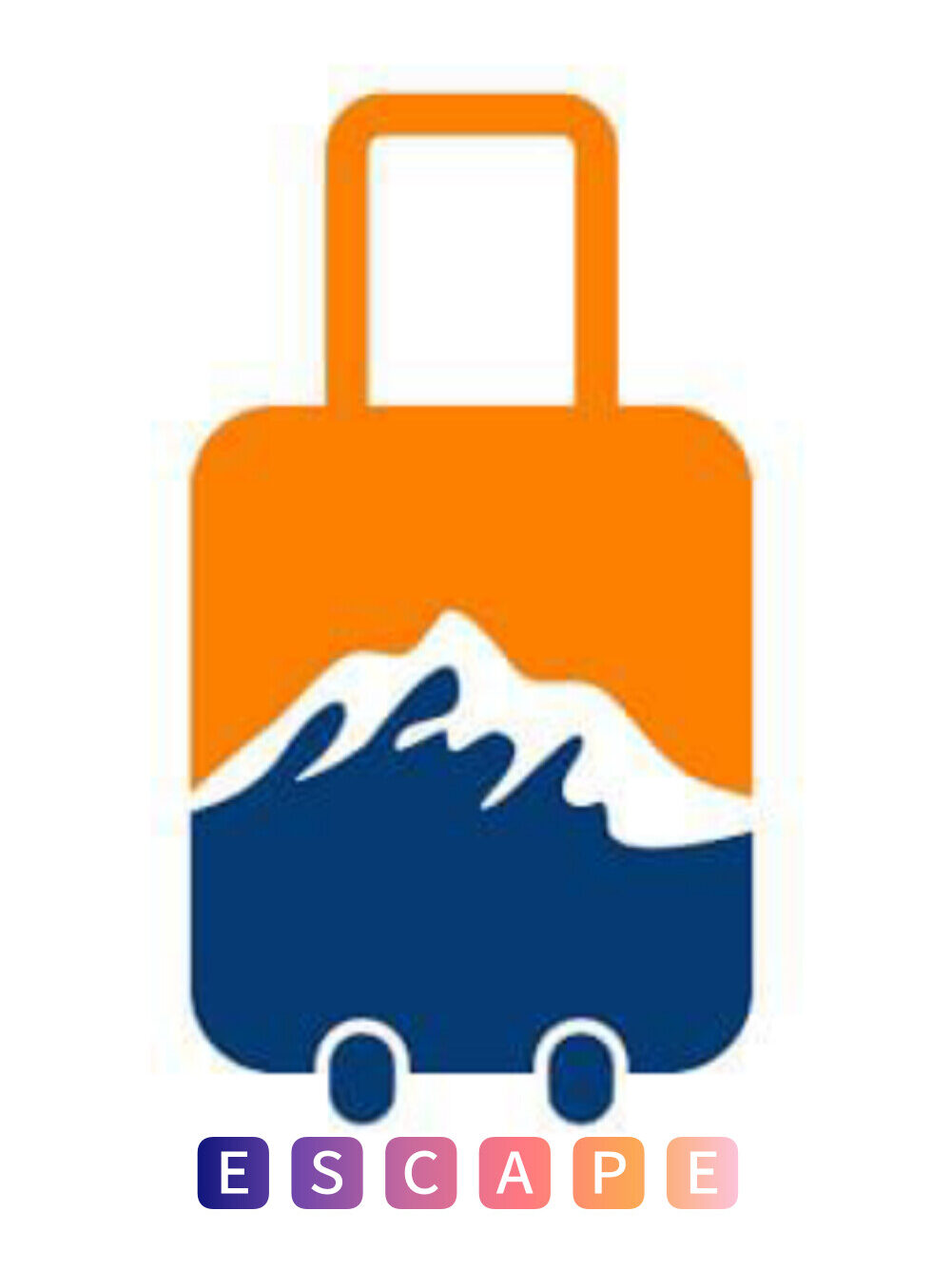Particularly when it comes to beginners, camping is one of the most fun activities that offers a break from the daily rushes and step outside to feel the nature. Whether you’re embarking on a solo adventure or camping with friends and family, here are some essential tips to ensure a safe and enjoyable trip:Whether you’re embarking on a solo adventure or camping with friends and family, here are some essential tips to ensure a safe and enjoyable trip:
- Plan Ahead: If you wish to visit snowy territory, research is needed regarding the general topography of the region and climate forecast to expect across the trailheads. In the case of lot reservations, it is important to do so especially if one wants to reserve campsites that are sought after during certain times of the year.
- Pack Wisely: To do so, make a list of equipment must need am including tent or tarp, sleeping bag, sleeping pad, stove or a fire making tool, foods and water, clothes appropriate to the weather, first aid kit, map or compass or both, and personal effects. Travel lightly: you don’t want to be carrying too many items while you’re out hunting danger but at the same time the things you carry should ensure that your journey is as comfortable as possible.
- Choose the Right Gear: Purchase your camping equipment that can be of your choice and that which is acceptable by the natural setting for the occasion. Decide on the clothing, sleeping gear, and shelter based on the season, temperature, and the type of geography that will be overcome. Find time and set up your tent at home as a way of practicing as this will help you in case you encountered a lot of difficulties when you were hiking.
- Dress Appropriately: Layer your clothing especially from the base up to the outerwear and chose fabric that will not retain sweat. Bring along your umbrella and waterproof clothing and/or boots for hiking or other vigorous outdoor events. Do not forget a hat and some sunglasses and sun block for care against the sun.
- Stay Hydrated and Nourished: Carry enough water together with energy-dense foods so that you will not feel hungry or thirsty during the hours of your travel. Choose small, lightweight, non-perishable foods that must not be cooked before eating on the road, for instance, fruits, sandwiches, nuts, and chips.
- Leave No Trace: Practice Leave No Trace ethics in order to slice your negative impact to the environment and keep the given location clean, beautiful and undisturbed. Simply put, litter must be buried, one must be considerate to wildlife and plants and one must not tamper or harm anything in the surroundings.
- Campsite Setup: Ensure that one selects a favorable campsite that does not have materials which may pose a threat to the users; for instance, dead trees which may fall anytime, rocky ground or areas that are usually flooded. Ensure the ground is relatively clean of twigs and rocks especially if you intend to pitch a tent at the site. Organize the kitchen and cooking zone in a different separate from sleeping area to minus the cookery smells from the house and escapes of squirrels.
- Fire Safety: As much as possible, adhere to the standard procedures that are set by the local authorities in setting up and preserving a campfire. It’s prohibited to build a campfire in some campgrounds so please make use of charcoal rings or pits if available, or carry a camping grill for cooking. Frequently, a bucket of water and a shovel or hoe should be placed nearby in case of fire.
- Stay Safe: Wilderness first aid and emergency preparedness: Probably, the most important is to read about basic first aid and emergency preparedness. They should always make sure they have a first aid kit with them and also possess knowledge on this kit. If alone, they should share their schedule with a responsible person and regularly communicate that they are safe.
- Respect Wildlife: KIFS 45 Do not feed or approach wildlife and keep a distance from them. To avoid the approach of animals into the camp side keep your foods and other wastes properly packed and stored. Some staff and students have complained of insect and snake bites and other related diseases, and these are risks that you need to avoid.
- Embrace the Experience: Technology makes life easier but stressful, and so it is time to leave it and join nature. It is recommended to spend time walking and observing the environment, do hiking, watch stars, and in overall, engage in outdoor activities. Try to take pictures or write directly into a journal, but in any case, do not forget to enjoy the process.
- Practice Campsite Etiquette: Hopeful Campers should be conscious not to disturb other camp users by making noise, playing loud music etc during the night or even dumping litter around. Welcome to Jinja Camping Site Earnest Campers; abide to set down rules of the campsite and be Kind to fellow explorers.
From these tips, any beginner should be able to make movements towards a good and fulfilling camping experience.
